With primary season underway in advance of the midterm elections, the usual rounds of debates have begun taking place. But as the Associated Press notes this week, there’s been something different about many of these events thus far. Serious candidates who are in contention have not been showing up in many instances. And the problem (assuming you think it’s a problem) is showing up far more among Republicans than Democrats. In some key races, including tight Senate seats, GOP primary candidates in places including North Carolina and Georgia have simply skipped debates. Will voters find this unacceptable and punish them when the election rolls around? Or will they even notice?
Ted Budd has skipped four Republican primary debates in his bid for a U.S. Senate seat in North Carolina. GOP candidates for governor in Ohio, Nevada and Nebraska have also refused to engage with their opponents from the debate podium.
And on Tuesday, Herschel Walker is expected to miss a second debate against his Republican rivals for a crucial U.S. Senate seat after skipping the first one.
As the most competitive phase of the midterm primary season unfolds this week, many candidates for leading offices — often Republicans — are abandoning the time-honored tradition of debating their rivals before Election Day.
Much of the focus of the linked article is placed on Herschel Walker, an unconventional candidate to say the least who is running to replace Raphael Warnock in Georgia. He skipped the first scheduled primary debate and it looks like he won’t be showing up for the one set to take place tomorrow night either. Walker is described as being “prone to gaffes,” so his strategy might be intended to avoid some embarrassing moments on the campaign trail. But he also holds a commanding lead in the polls. If nothing significant happens to shift those numbers in the final days before the primary, he could be on his way to cruising toward an easy victor and becoming the nominee. Why risk going toe-to-toe with the other candidates under those circumstances?
Many of the candidates around the country – particularly among Republicans – are also rebelling against a debate system that they say is rigged in favor of liberals. That’s an impression that many of us were left with after watching the 2020 presidential debates, though a few more conservative moderators were included at times, such as Hugh Hewitt. We’ve already heard rumblings that the Republicans will boycott the 2024 presidential debates if the playing field isn’t leveled a bit. How they could enforce such a decree on the party’s eventual nominee is unclear, however. And in reality, if the nominee wants to debate, they probably won’t even try to stop them.
Most of this chatter may not wind up amounting to much, however, at least for this stage of the process. The presidential debates every four years tend to draw a respectable audience, but how many people do you know who go out of their way to watch Senate and congressional debates? Even more to the point, how many people make sure to tune in to watch a primary debate, particularly for a House seat? In my experience, you’re lucky to even be able to find them on the cable guide.
Are people really going to judge the candidate on whether or not they agree to debate? Most voters are overwhelmed with candidate information from the deluge of television advertisements they have to sit through every season. The amount of money each candidate is able to raise is generally both a reflection of their overall popularity and their prospects at the ballot box, though not always. If Herschel Walker winds up suddenly plummeting in the polls and losing his bid to be the nominee, then I suppose I’ll have been proven wrong. But I’ll be quite surprised if it happens.
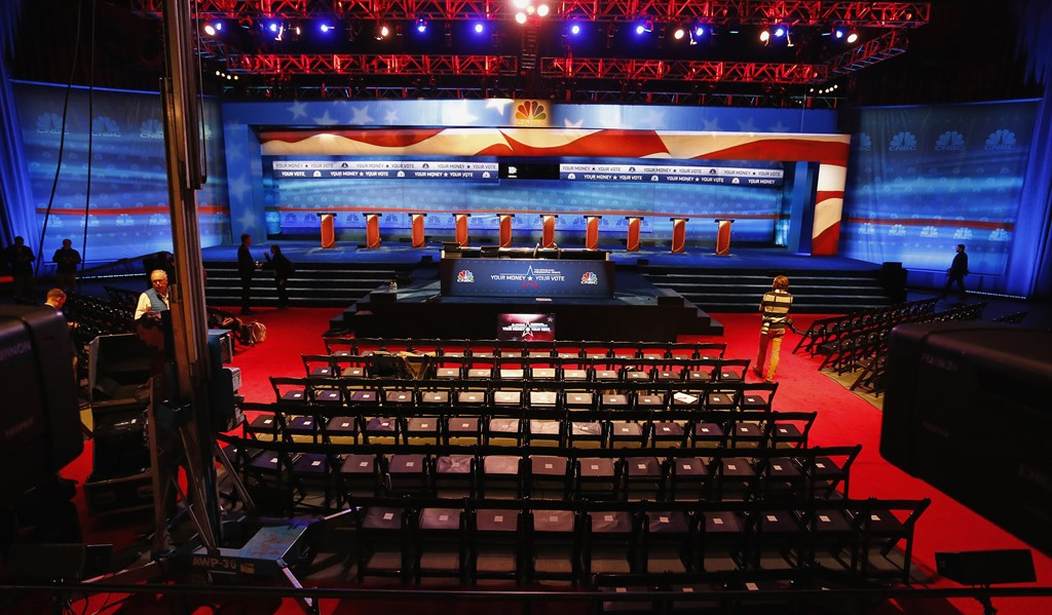

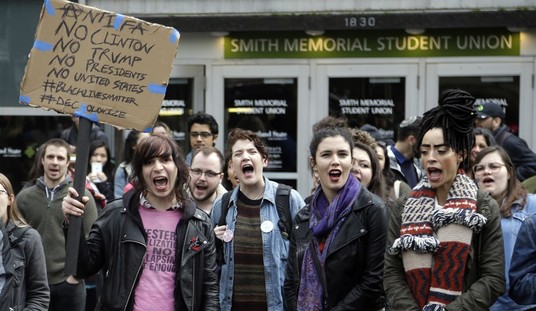

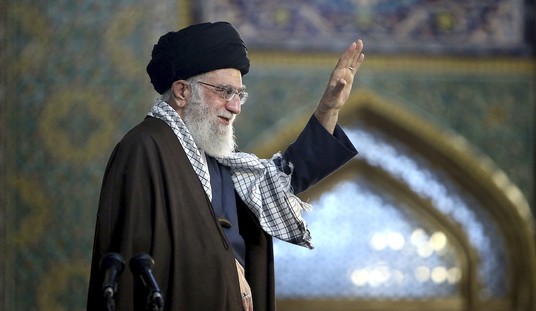
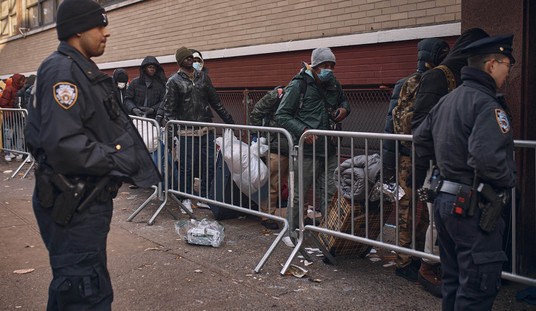
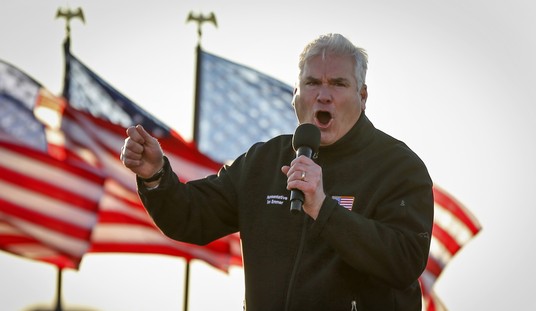
Join the conversation as a VIP Member